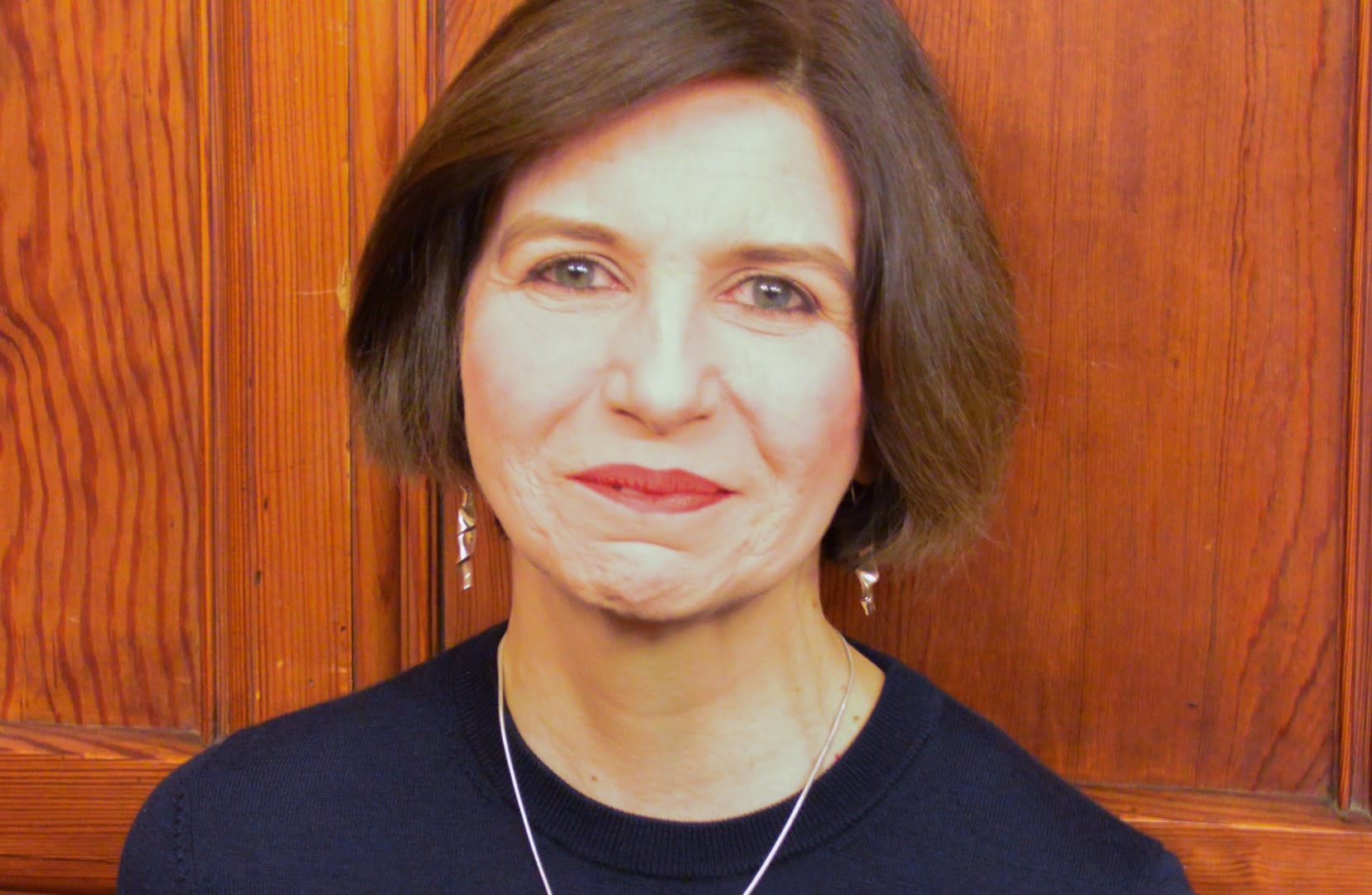Since 1983, Music at Oxford has been promoting concerts in Oxford’s historic buildings. As part of this month’s celebration of women, locally and further afield, we caught up with General Manager Rebecca Dawson to find out more about the work they do, and the position of women in the classical music world as a whole.
What’s it’s like to be part of an all-women team at Music at Oxford?
I actually never think about it! What really matters is having colleagues who are experienced, calm under pressure, and know the classical music industry inside-out. In actual fact, our wider pool of freelance staff includes several men too.
How dramatically does what you do now differ to your previous jobs?
It's completely different and yet also very similar; I'm simply coming at the same industry from a different angle. I used to be a music publisher, which meant very little time at home, as I was out at concerts at least three nights a week, or undertaking a huge amount of international travel (to the Nordic countries, central Europe, Ireland and the US). Most recently I was the artistic director and CEO of a music publishing house in Copenhagen, but before that my role was solely to lead on promotion, which meant meeting as many high-profile industry leaders (opera, orchestra and festival directors, etc.) as possible, to discuss repertoire and composers with them. I really had to know my stuff, and there was no time for tiredness!
What are the main differences between contemporary classical music in the UK and overseas?
Two things: money and reception. In many mainland European countries, proper funding for contemporary music is seen as essential, and audiences expect to find new music in concert programmes, and they expect to engage with it. It's part of their cultural identity. There are some excellent organisations in the UK trying to do the same, but it's undoubtedly harder here.
How did you arrive at the idea of the MAO Empowered Women Trilogy?
The singer and writer Clare Norburn approached my colleague with the idea, and we thought it would be an excellent fit for this year's International Women's Day. Our friends at SJE Arts agreed and so the trilogy is a co-promotion with them, in their excellent and atmospheric venue.
Every season, is the championing of women something you strive for?
Yes, though in practice it's not always possible to do as much as we'd like. Female conductors and composers need to be championed especially, and I'm glad to see some fantastic initiatives gaining real momentum.
Would you like to see more women working in classical music?
I want to see more women achieving whatever they wish! There are actually a lot of women working in the classical music industry, including a lot of fantastic leaders (eg: Gillian Moore – Southbank Centre; Susanna Eastburn – Sound and Music; Kathryn McDowell – LSO). We all have a responsibility to ensure that women feel enabled and supported in the industry.
Have you ever felt unfairly judged in the industry because of your gender?
Not for a second. And if I had, I'd have called it out immediately.
How does Oxford fare – via its press, universities or other organisations – in its support and promotion of female classical musicians?
I used to be Head of Promotion in the music department of OUP, and there are some excellent female composers being promoted there. Similarly, Natalie Clein worked with the University of Oxford's Faculty of Music to promote some excellent female composers. I think some good work is being done here.
What’s in the pipeline for Music at Oxford?
Doing what we do ever better, and broadening our remit to include education work, different genres of music, new venues, and more experiences for our audiences.










